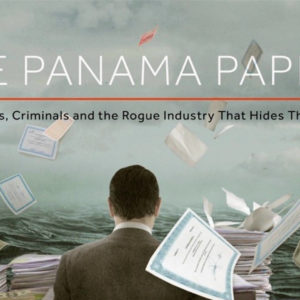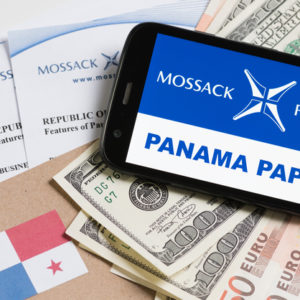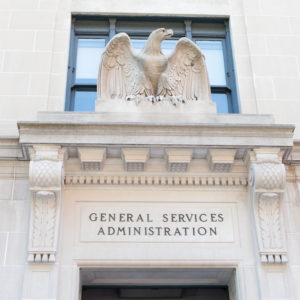
On First Anniversary of Panama Papers Release, What Have We Learned?
This week marks the anniversary of the Panama Papers, a leak of more than 11 million documents exposing widespread corruption and illicit financing involving 140 public officials in more than 50 countries around the globe. The leak, large as it was, included documents from just one law firm and had reverberations worldwide. The impact was profound, but was it enough? And what did we learn?
For those not steeped in money laundering practices and illicit financial flows, the Panama Papers showed the world how it all works. If you want to finance terror; steal from taxpayers; traffic in humans, weapons, or drugs; or evade taxes, anonymous shell companies are the vehicle of choice. The Panamanian law firm Mossack Fonseca showed that these entities were easy to set up, inexpensive to maintain, and able to provide legal secrecy even if covering up underlying illegal activity.





